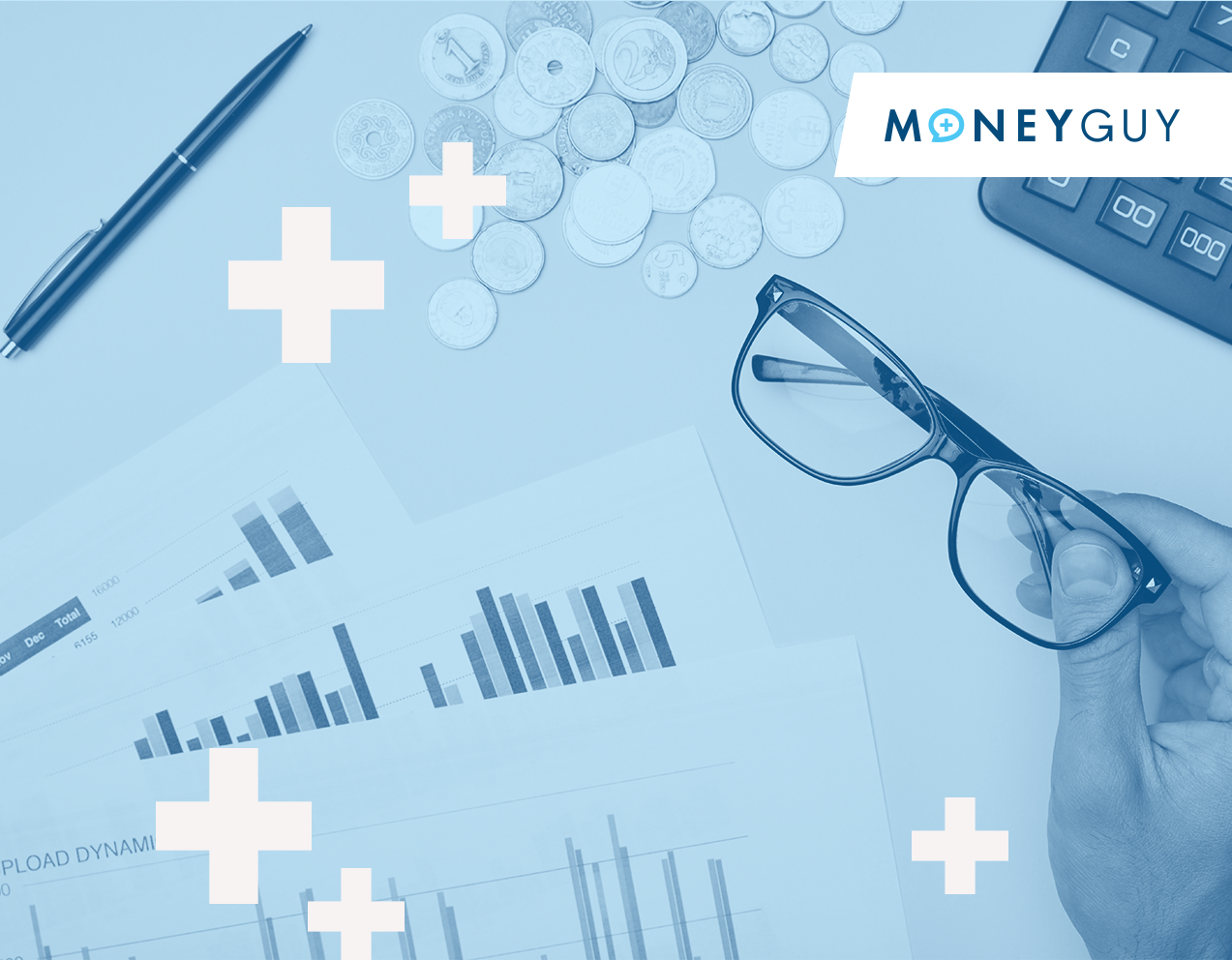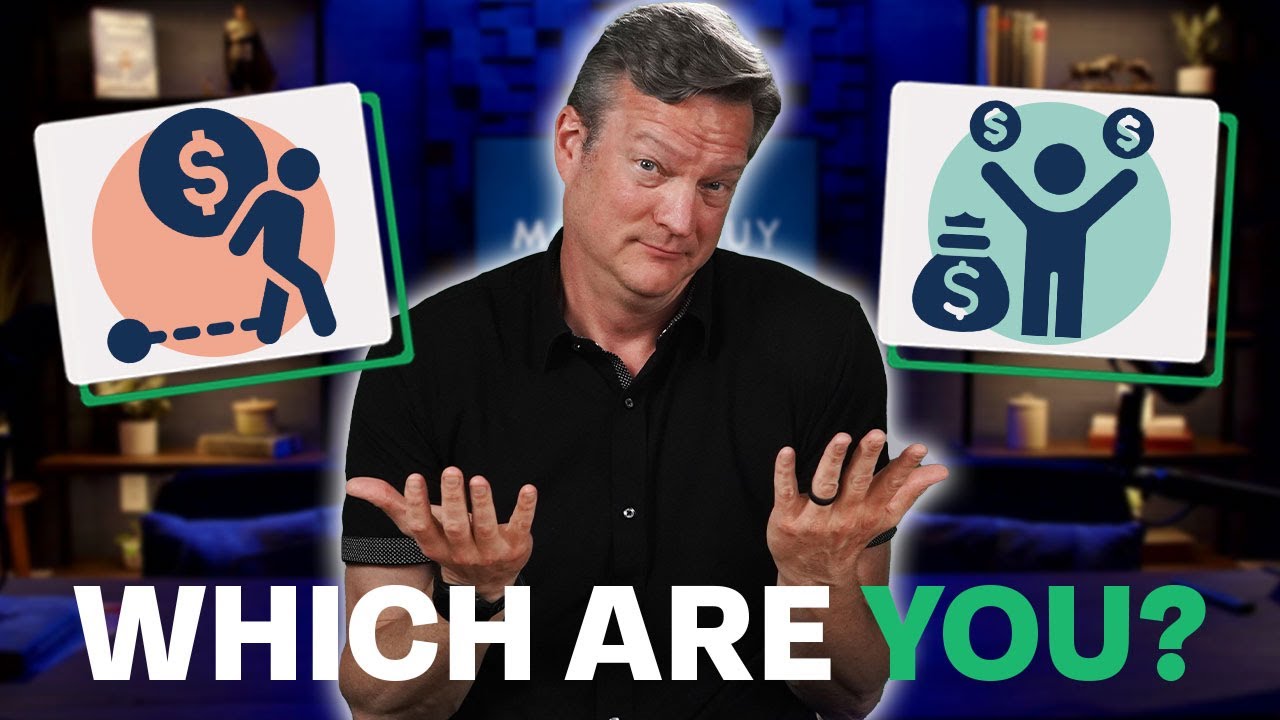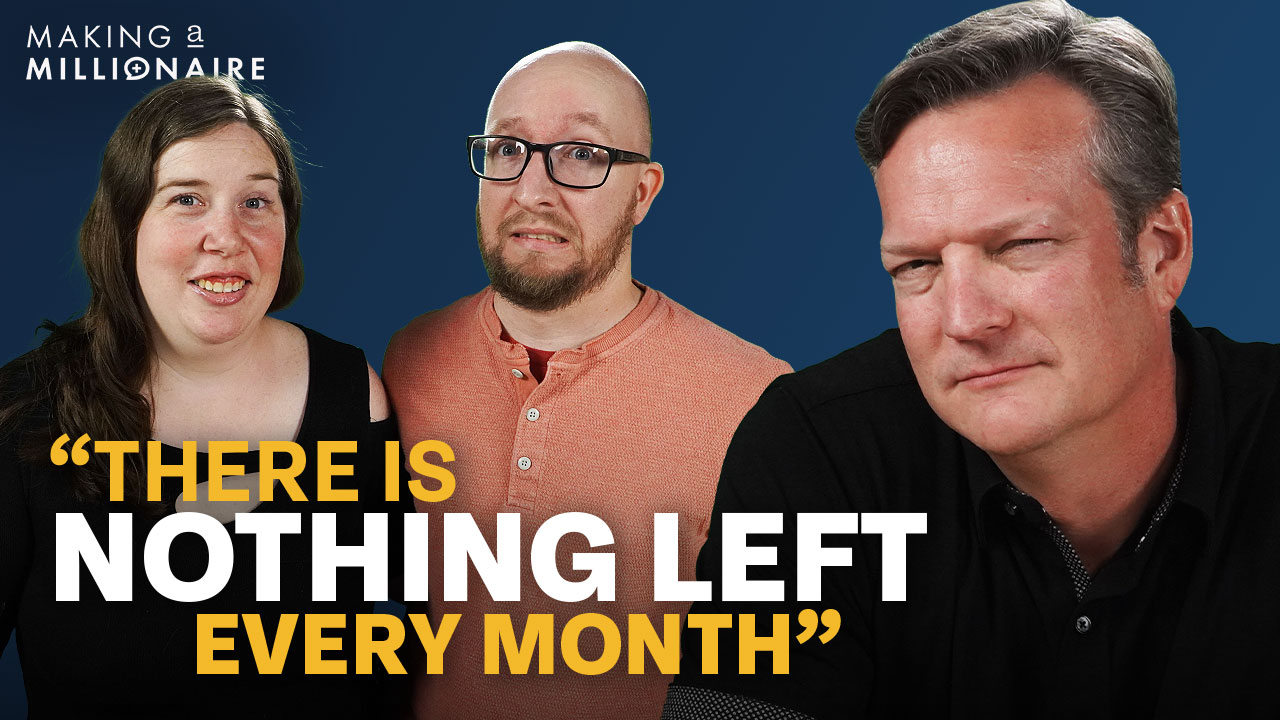Let's move on to Casey's question. Do you have advice for those who, not knowing any better at the time, have taken out a 401k loan? The rate is considered low interest, but does its involvement with retirement put it higher on the priority list? So, is it low-interest debt technically, but man, it's super dangerous because what a lot of people don't realize is when you take out a 401k loan, let's say you're taking a ten thousand dollar 401k loan, you're actually taking ten thousand dollars of your working dollars, and you are putting them on the sidelines. So, there is a significant opportunity cost that, if you're going to factor in the true cost of the loan, you've got to factor in the amortizing interest rate that you're paying on it, plus the opportunity cost of not having those dollars invested. So, I would argue if you are someone who did not know better, or maybe you weren't educated, or maybe no one told you, and you decided to take out a 401k loan, I would move that up to a high-priority mode. I would try to get that loan paid off as quickly as you can so that you can get those dollars back working again because if you don't pay off the loan, it could have a lot of frightening and negative consequences.
Yeah, I wrote down you covered opportunity costs, which I think is very important because instead of building wealth, you've actually dug a hole that you first got to get out of before you get back to building wealth and building financial independence and retirement freedom. But the other thing that you're alluding to is the taxes and penalty if you leave. That's right. I mean, if you get laid off or you just get a better opportunity and want to leave, if you can't pay that loan back immediately, it will be a taxable distribution. And if you're under 59 and a half, it will be a distribution subject to the penalty. That's big. I mean, that is some golden - that's not even golden handcuffs - those are rusty handcuffs with lots of scratchy parts. So that is less than ideal. But I also encourage you, you need to go look at the plan design and see if there are any restrictions because there are some employers that offer 401K loans, but they're so annoyed by them that they've actually designed the plan to where while you have an outstanding loan, you might be forfeiting some of the profit-sharing or the matching or some of the other incentives that they have out there because they want to create some type of friction so that you will not do this. We've had employers that have very much they don't like when people are taking these loans because they I think a lot of employers, if you ask the why on retirement plans, yes, there are some tax incentives, and that's important, but it's also so that the workforce has a chance to also be building financial independence in the background. The government incentivizes this. That's why all these things are all arrows pointing to do this and use it in the right way. And if you're taking a loan, realize loans work the exact opposite of freedom because they're encumbrances. They are something that means you have an obligation that just seems to be breaking the barrier. And that's why when Daniel, we did a show recently, and we're talking about how leaky 401ks were, it shocked me that every dollar that goes into a 401k in the United States, 40 percent of it disappears like three retirement leaky. It just dis- it's because people are taking loans, as people that are leaving, changing jobs, and taking distributions. Guys, do better because that's ridiculous. This money should be for the long term. We wonder why when people get in their 50s, 60s, and 70s and beyond and they only have barely six figures, and they think they're gonna live off this and have the same lifestyle they had while they were working, it's because they made bad decisions through all the years. I know there are emergencies. There are all kinds of horrible things that could happen, but that is not the lion's share of the mistakes I see. There's a lot of behavioral, there's a lot of lifestyle creep, there's a lot of wanting to flex or fake it until you make it, and that's just not a recipe for success. What would serve you better?
Financial order of operations. Go check it out, moneyguy.com/resources. Notice I did that well away from the face so I wouldn't cut myself this time. That's what's going to get you to success. And I want to give Casey a little bit - Casey said, "Hey, what if I didn't know better? What if I was not aware of this?" I worry that a lot of people fall into that trap - 401K loan. Oh, it sounds great. Well, that's a great thing, another brochure. So if you are in that situation, hey, maybe take this video, send it to your employer, send it out to your colleague, send it to the folks so they understand that, hey, this 401k loan, this benefit that exists inside of your plan may not actually be a benefit at all because people don't realize how costly it can be to your future self. So if you did it unknowingly, knowing - if you did it not knowing how detrimental it could be to your financial life, get it paid off and start moving back in the right direction.













